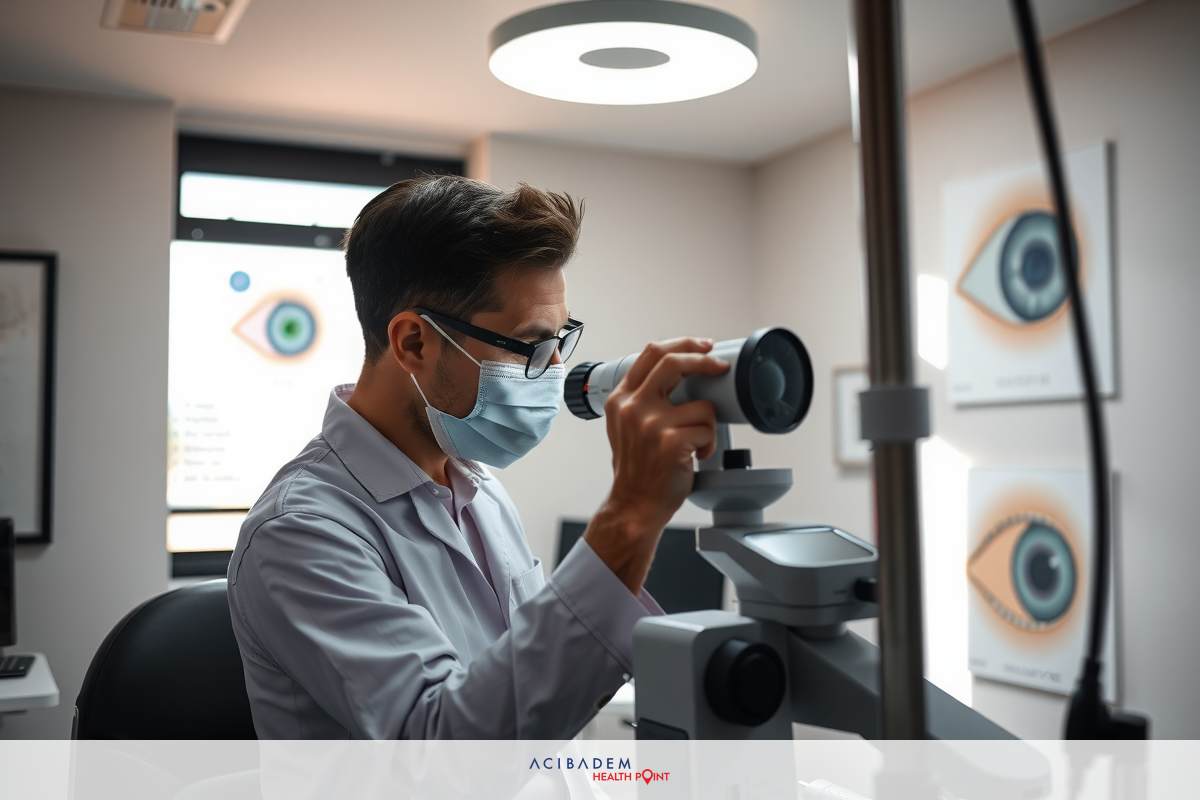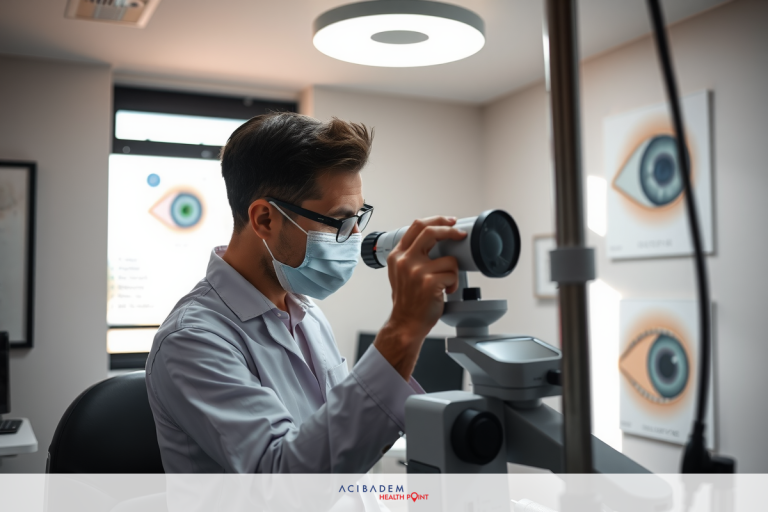Does Eye Doctor Get LASIK
Does Eye Doctor Get LASIK LASIK, an often-utilized technique for vision enhancement, usually sparks curiosity about the professionals behind its execution. Are eye doctors responsible for performing this intricate process? The answer lies in understanding the roles within the realm of eye care.
Ophthalmologists, often referred to as eye doctors, carry vast expertise in treating disorders related to eyes and vision. They are qualified medical professionals with rigorous training that enables them to conduct various surgeries – including LASIK. This refractive surgery demands precision and skill which these specialists acquire over years of practice.
The choice of having an ophthalmologist perform your LASIK operation brings several benefits. Apart from their exhaustive knowledge about eyes and vision related issues, they can offer comprehensive pre-operative consultations and post-operative care – ensuring a smooth journey towards improved sight.
LASIK Procedure
LASIK, an acronym for Laser-Assisted In Situ Keratomileusis, is a procedure that allows for vision correction by reshaping the cornea. This refractive surgery employs a specialized laser under the guidance of an ophthalmologist. It’s primarily aimed at mitigating common visual issues such as myopia (nearsightedness), hyperopia (farsightedness), and astigmatism. The process begins with creating a thin flap in the cornea using either another laser or a microkeratome blade.
Upon lifting this flap, the eye doctor then uses an excimer laser to remove minute amounts of tissue from the cornea. This step aims to reshape it for better light focusing onto your retina and eventually rectifying your vision. The precision of this process speaks volumes about the ophthalmologists’ skillset – their knowledge and expertise play critical roles in ensuring successful outcomes.
Once completed, healing after LASIK surgery often happens rapidly. Vision may be blurry or hazy right after the procedure but resolves significantly within 24 hours post-operation due to natural eye healing processes. An important point here is that while LASIK helps many people reduce dependence on glasses or contact lenses, it doesn’t guarantee perfect vision every time – some patients might still need eyewear under certain circumstances.
Consulting an Ophthalmologist
An ophthalmologist’s role goes beyond performing the LASIK procedure. They are instrumental in providing comprehensive pre-operative consultations, which is a pivotal step to determine if you’re an ideal candidate for this vision correction surgery. This consultation involves a series of tests including corneal topography and pachymetry to assess your eye health thoroughly. Additionally, they’ll evaluate your medical history and discuss any potential risks or complications that may arise.
The importance of these consultations cannot be overstated as not everyone makes a suitable candidate for LASIK. Certain conditions like dry eyes, corneal diseases, or other systemic illnesses can affect the outcome of the surgery or lead to complications post-operation. An experienced eye doctor can discern these issues during the consultation phase itself and suggest alternative procedures if necessary – thus ensuring safety above all else.
Post-operative care provided by ophthalmologists also significantly contributes towards successful recovery after LASIK surgery. Regular follow-ups enable them to monitor healing progress and manage any discomfort you might experience such as minor itching or burning sensation usually associated with initial
recovery stages. It’s through their continuous guidance that patients navigate their journey towards improved vision with confidence and ease.

Benefits of Choosing an Eye Doctor for LASIK
Choosing an ophthalmologist or eye doctor to perform your LASIK procedure offers numerous benefits, owing to their extensive training and expertise in vision care. They understand the intricacies of the eyes, ensuring a comprehensive approach towards improving vision.
- Skilled Execution: Ophthalmologists possess specialized skills for conducting LASIK surgery with precision. Their profound understanding of the eye’s anatomy aids in effective reshaping of the cornea.
- Comprehensive Care: From pre-operative consultations to post-operative follow-ups, they oversee your entire journey. This continuity ensures consistent care and seamless communication throughout.
- Risk Assessment: An experienced eye doctor can aptly evaluate potential risks associated with LASIK based on individual health conditions – thus recommending alternatives when necessary.
- Post-Surgical Care: Regular check-ups following surgery help them monitor healing progress and manage any discomfort during recovery stages, providing tailored advice as needed.
- Personalized Approach: Each patient’s requirements are unique; ophthalmologists consider these differences while planning treatments – leading to more personalized care that caters specifically to individual needs.
By opting for an ophthalmologist-led procedure like LASIK, you’re entrusting your vision in capable hands committed to delivering optimal results.
Frequently Asked Questions
Who is eligible for LASIK surgery?
Eligibility for LASIK depends on several factors, including age (must be at least 18), stability of vision, thickness and shape of the cornea, and overall eye health. Certain conditions like severe dry eyes or other corneal diseases may disqualify a person from undergoing LASIK.
How long does the recovery take after a LASIK procedure?
Most patients experience significant improvement in vision within 24 hours post-operation. However, full recovery varies between individuals - it could take anywhere from a few days to several weeks. Regular follow-ups with your ophthalmologist are crucial during this period.
Are there any risks involved in getting LASIK done?
As with any surgical procedure, some risks are associated with LASIK too – these might include infection, inflammation or even changes in night vision. But under expert guidance of an experienced ophthalmologist such complications can be managed effectively.
Will I still need glasses or contact lenses after having LASIK surgery?
While most people see a significant reduction in their dependence on eyewear post-LASIK surgery; perfect vision isn't guaranteed every time. Some patients might still need glasses or contacts under certain circumstances.








